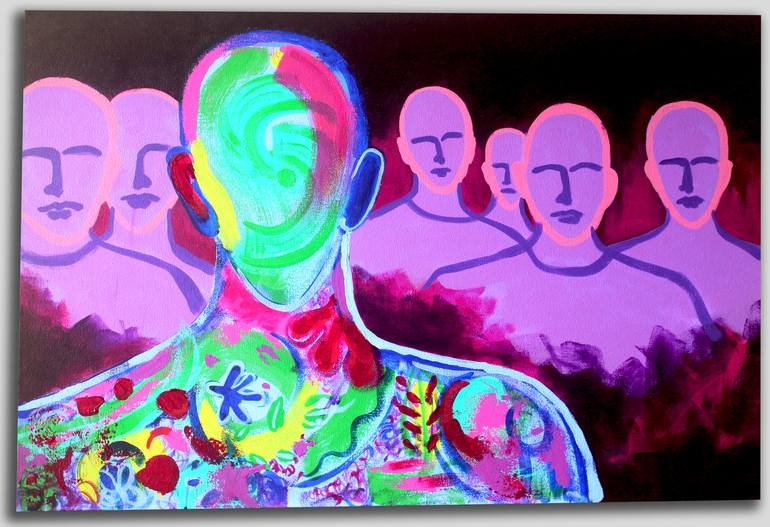As if the universe itself was following my blog posts, it made me practice what I have been preaching. On Friday last week I dropped my phone and it was broken beyond use. My mind immediately realized the irony of the past two weeks. I had been writing a blog post about social media dependance in humans, and I myself was not changing my habits at all. As I looked down at what was once my phone, and now a shattered screen with pixelated lines everywhere, I knew that now I was gonna experience what I had been advocating for in my blog. I have not used any social media this entire week and I will not be getting a new phone until Sunday. In my long and heroic hiatus from social media, these are some of the things I realized.
The most evident thing I noticed within the first few hours of not having a phone was how often they get pulled out. Every time a silence or change of scenery would occur, I noticed that the people I was with would all check their phones at the same time. All at once everyone just synchronously pulled out their phones and began to scroll. I just sat there and observed this behavior that I would otherwise not pick up on because I myself would probably join this unspoken phone time out from reality. Phones make It easy to escape the moment temporarily. It takes some of the stress and pressure off of conversations because people do not necessarily need to be talking. Immediate entertainment and escape in the matter of seconds. It makes sense why so many people are glued to their cell phones.

Another unsettling observation I made was how phones and social media not only quiet the scenery and crowd around us, they also quiet our minds. This week I have found myself really reflecting on events from my day and forming opinions and objectives. Instead of scrolling through Instagram before bed, I spent my last hours of consciousness just thinking. In movies such as The Giver, you see societies where governments feed their citizens pills and medication to silence their individual thoughts to keep them oppressed. As crazy as it sounds, not having a phone reawakened my mind and my sense of individual thought and reflection. It kind of felt like a form of enlightenment. The moments I would have usually filled with social media I now spend evaluating and reflecting. My days felt a little longer too because I was not procrastinating on my phone so I had time to fill which before was filled up. There were no posts or videos to take my mind off the thoughts in my head.

As pathetic as this may sound, not having a phone made me feel disconnected. I share this with you guys because this is my blog about some of my experiences, and if I am not honest about how I feel then I am misdirecting my readers and giving them false insights. Not having my phone made me feel less connected to the campus around me and my friends and family back home. A lot of the interaction we have is through our online presence. We have our real life figure, but also this other representation of ourselves which is our called our virtual identity. I lost my virtual presence this week and I lost connection with a lot of people. I only really saw my best friends on campus. The lesson here is that the most meaningful relationships are the ones that are formed in real life with people you care about who also care about you. I would defiantly recommend taking a few days to stay off your phone unless you need to and just experience what life is like without these convenient escapes from reality in out pocket. It helped me get in better touch with myself and learn more about the people around me. I am not saying life is better without social media, I simply trying to point out how much it changes our everyday lives.
Picture Sources:
https://www.saatchiart.com/art/Painting-SOCIETY-IS-A-BURDEN-INDIVIDUALITY-IS-A-FREEDOM/888876/4574701/view
https://medium.com/@stanovsk/one-simple-hack-to-take-control-back-from-your-phone-166a2033cdbc



